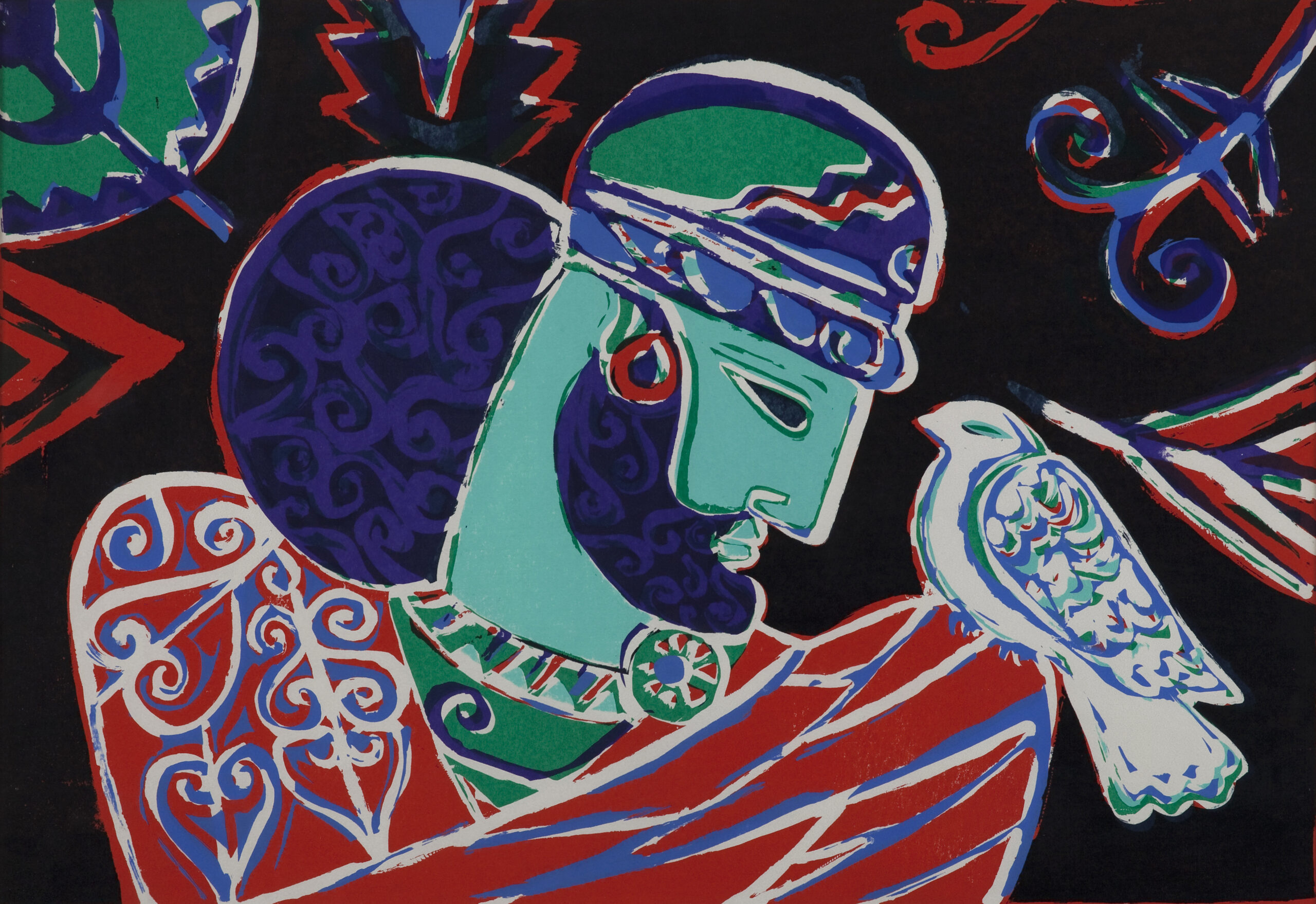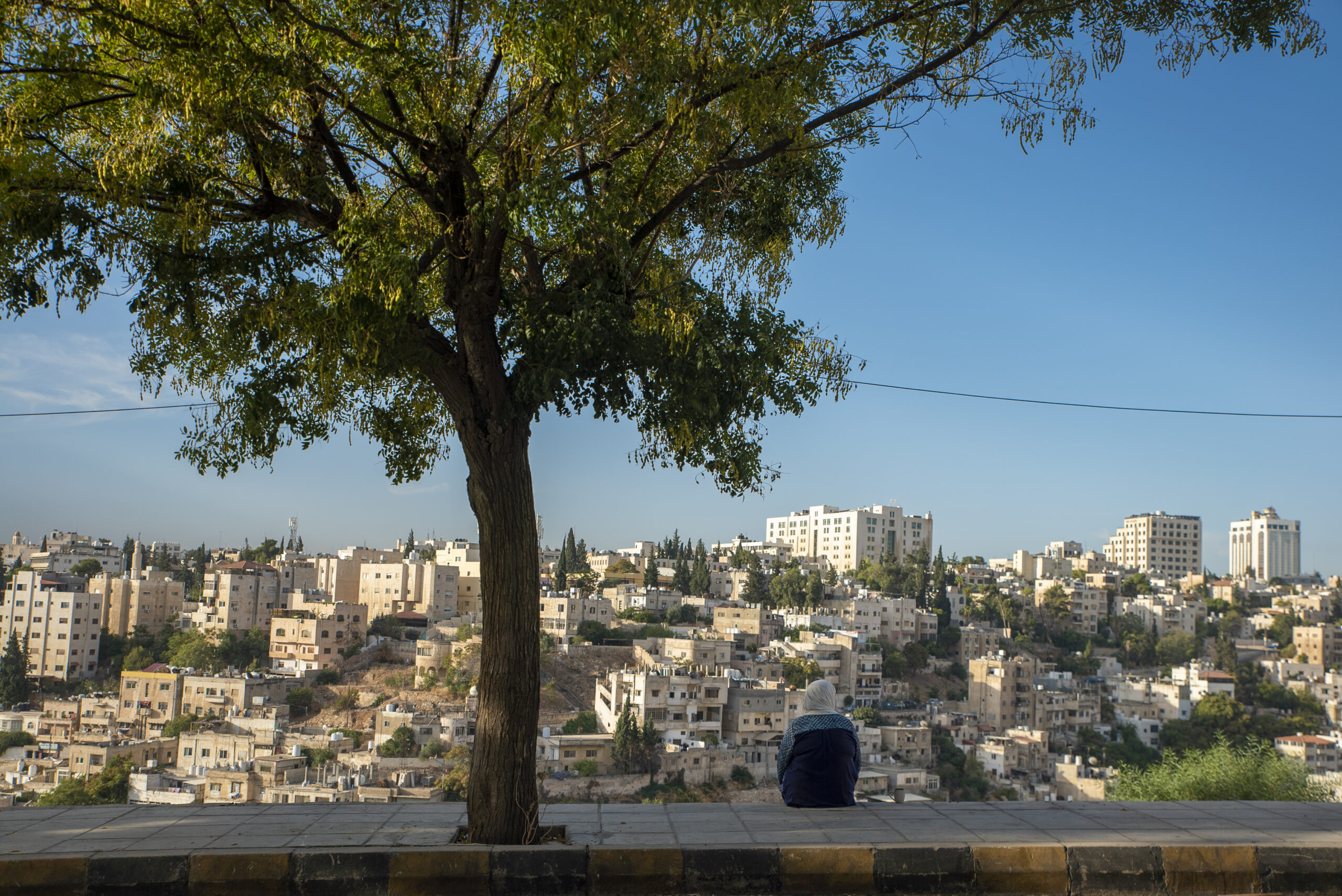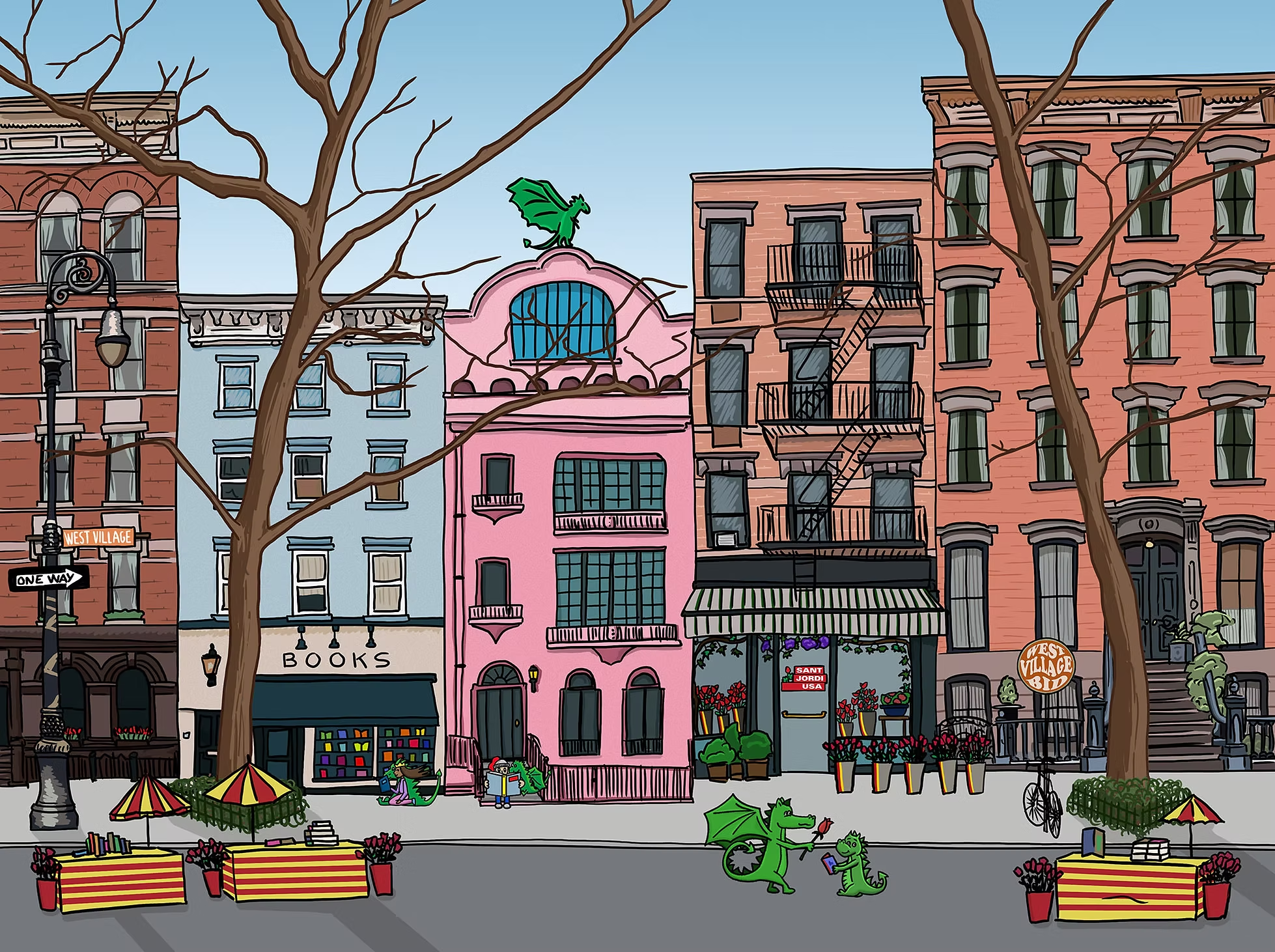Courtesy of the CONTEMPORARY ART PLATFORM (CAP)

GHADAH ALKANDARI, UNTIL (2017),
ACRYLIC ON CANVAS (180 X 240 CM)

ALIA FARID, MEZQUITAS DE PUERTO RICO (PONCE) (2014),
PILE AND KILIM PRAYER RUG (114 X 172 CM)

SAMI MOHAMMAD, I AM THE VOICE OF FREEDOM FOR THOSE
WHO HAVE NO VOICE (2000), BRONZE (17 X 20 x 20 CM)

FARAH K. BEHBEHANI, DAAD (2013), HAND EMBROIDERY ON LINEN,
THREADING AND BEADING (100 X 100 CM)

DR. MOHAMMED ALKANDARI, “FAREWELL,”
PHOTOGRAPH ON FINE ART PAPER (60 X 88 CM)

AMIRA BEHBEHANI, UNTITLED (2011),
INK (20 X 13 CM)

THURAYA AL-BAQSAMI, PEACE TALKS (1992),
ACRYLIC ON PAPER (45 X 60 CM)
Contemporary Art Platform (CAP) is a nonprofit organization founded in 2011, dedicated to developing and supporting the arts in Kuwait and throughout the region. The art gallery has presented exhibitions of local, international, emerging, and established artists through collective and thematic shows curated by Arab and international curators. CAP is equally committed to its educational program, which offers workshops, seminars, and weekly film screenings. The gallery includes a public library that holds one of the largest collections of art books in Kuwait and has recently opened a bookshop catering to the arts and design.




